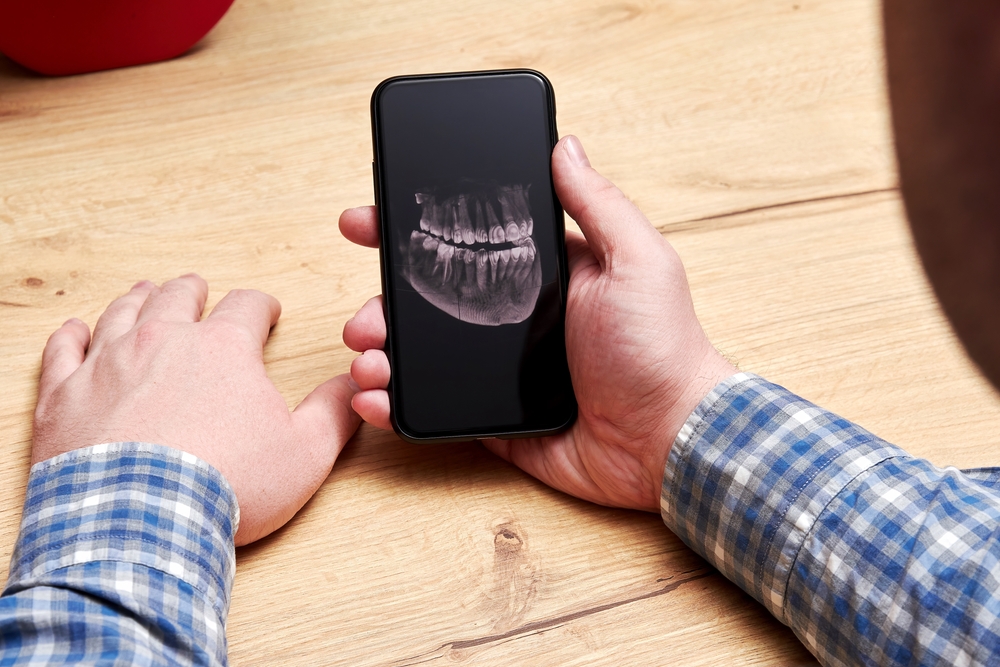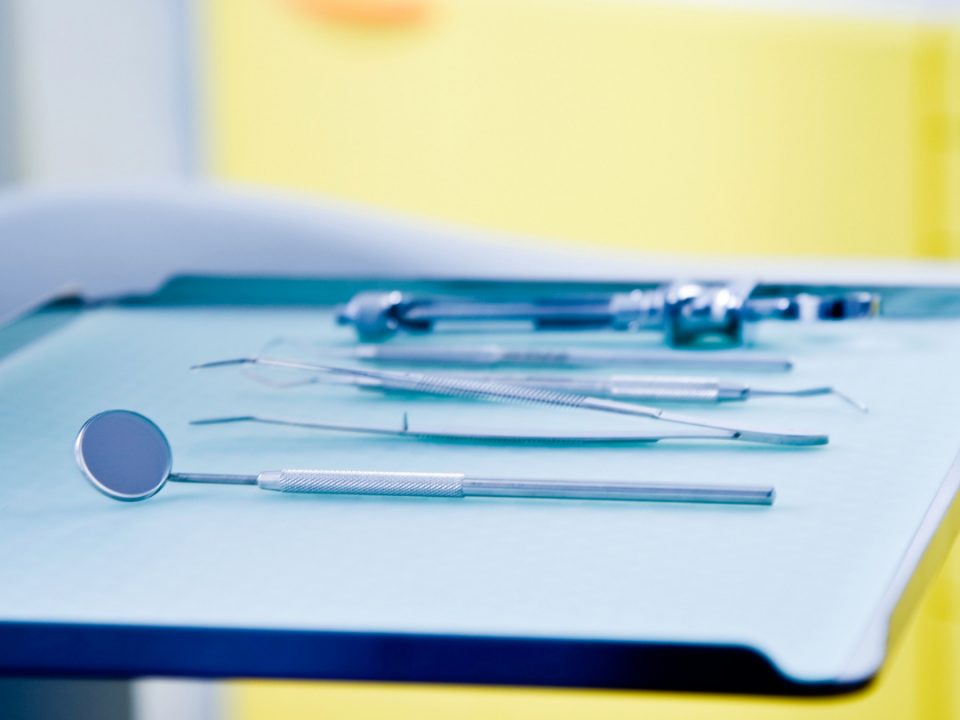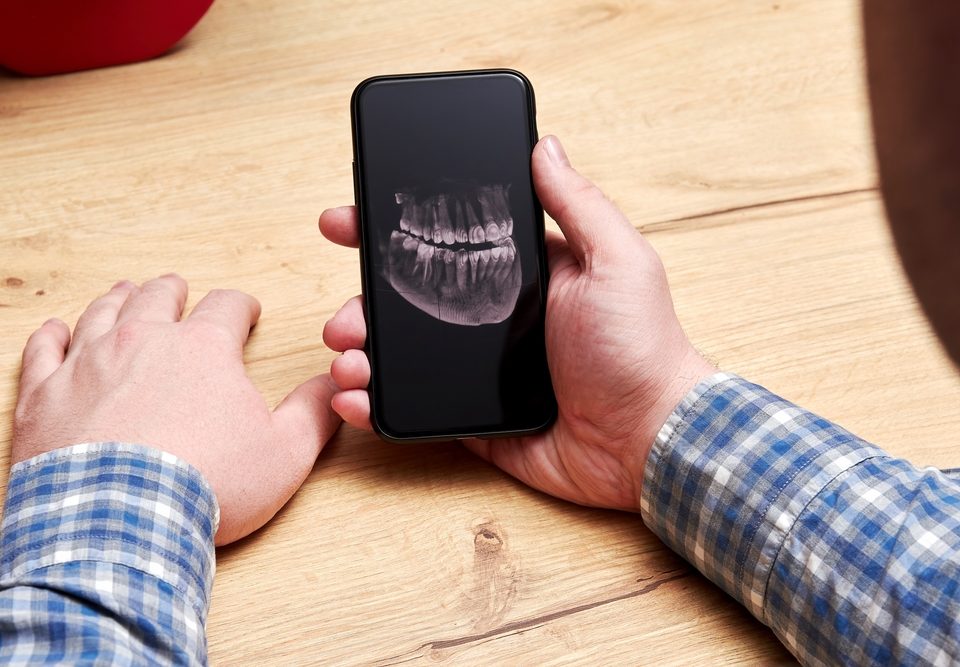
What is the Timeframe of Bone Healing after Extractions and Implant Placement?
October 15, 2021
The Top 3 Reasons Your Jaw Clicks
April 22, 2022
Apart from the excruciating pain, an untreated teeth infection can cause several other health issues. According to a World Health Organization report, oral health exemplifies an individual’s well-being and overall health. That explains the strong connection between body and dental health, and how oral issues can make a patient’s life a living hell.
How Do Teeth Infections Happen?
Teeth infections come about when harmful bacteria attack the dental pulp. The pulp is the inner part of a tooth rich in connective tissues, nerves, and blood vessels. Bacteria usually find their way into a tooth through cavities, cracks, and chips. There is a high possibility of developing several tooth infections if you practice poor oral hygiene or take plenty of sugary foods and carbohydrates. Remember that the mouth is the entry point of the entire body. Therefore, it is more exposed to a plethora of damaging bacteria.
Luckily, regular flossing and brushing can keep most of these bacteria away. In addition, saliva acts as an effective defense system that keeps our mouths healthy and fresh. Even with these measures, there is still a potentiality of developing bacteria build up in the mouth. In such a scenario, the body reacts by sending loads of immune cells to fight the microorganisms. Typically, this causes immense pain, inflammation, or swelling around the affected tooth. In rare cases, infections can happen without exhibiting any visible signs.
Therefore, it is vital to attend routine oral checkups every six months to arrest and treat teeth infections on time. Keep following as we define the impact of teeth conditions when left untreated for long.
- Nerve Damage
Immediately oral bacteria get past the enamel; their next destination is the tooth pulp. This is the part where toothache begins because of the presence of sensitive nerves. It takes considerable time for nerve damage to happen. Common signs of nerve damage include tooth discomfort or pain when exposed to acidic, hot, or cold meals. The pain may radiate around the mouth or target one area. Treating nerve damage requires a professional approach for a long-lasting solution.
In most cases, experts recommend tooth extraction, root canal, or neurotmesis treatments. This is a microsurgical repair that involves severing off of the affected nerves to achieve remarkable recovery. The healing duration for such a complex procedure can sometimes take 6 to 12 months.
- Cardiovascular Issues and Stroke
Inflammation is a body’s response to infections. However, extreme inflammation can cause blood clots, which eventually affect blood vessels connected to the heart. There is a higher possibility of individuals developing heart complications if a tooth infection displays no warning signs.
Based on the information from a verified source, people with teeth infections face the risk of heart ailments at least three times more. Similarly, inflammation can also affect vessels to the brain, resulting in a stroke. For these reasons, it is vital to seek prompt dental care before the issue escalates.
- Septic Shock
Septic shock or sepsis attack happens when an infection spreads throughout the body. On its way, it can damage blood vessels, form blood clots, or rapid drop in blood pressure. The condition usually happens when the body slowly starts shutting down due to a pile-up of microorganisms in the body.
An early indication of sepsis includes severe headaches, nausea, pain around the neck or jaw, fever, and increased heart rate. Unfortunately, septic shock can also cause death if not addressed early enough. The secret is to treat any form of infection in the body promptly. Moreover, a conclusive dental exam with a qualified dentist is never a wrong decision.
Bottom Line
Teeth infection treatment methods differ depending on the level of contagion. Mainly, experts recommend antibiotics, root canal, filling, or tooth extraction. Overall, the best solution revolves around seeking dental care early enough and practicing proper dental hygiene.




